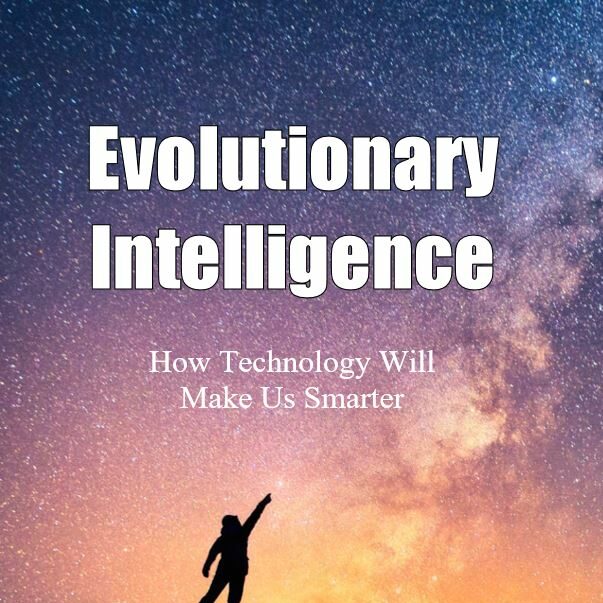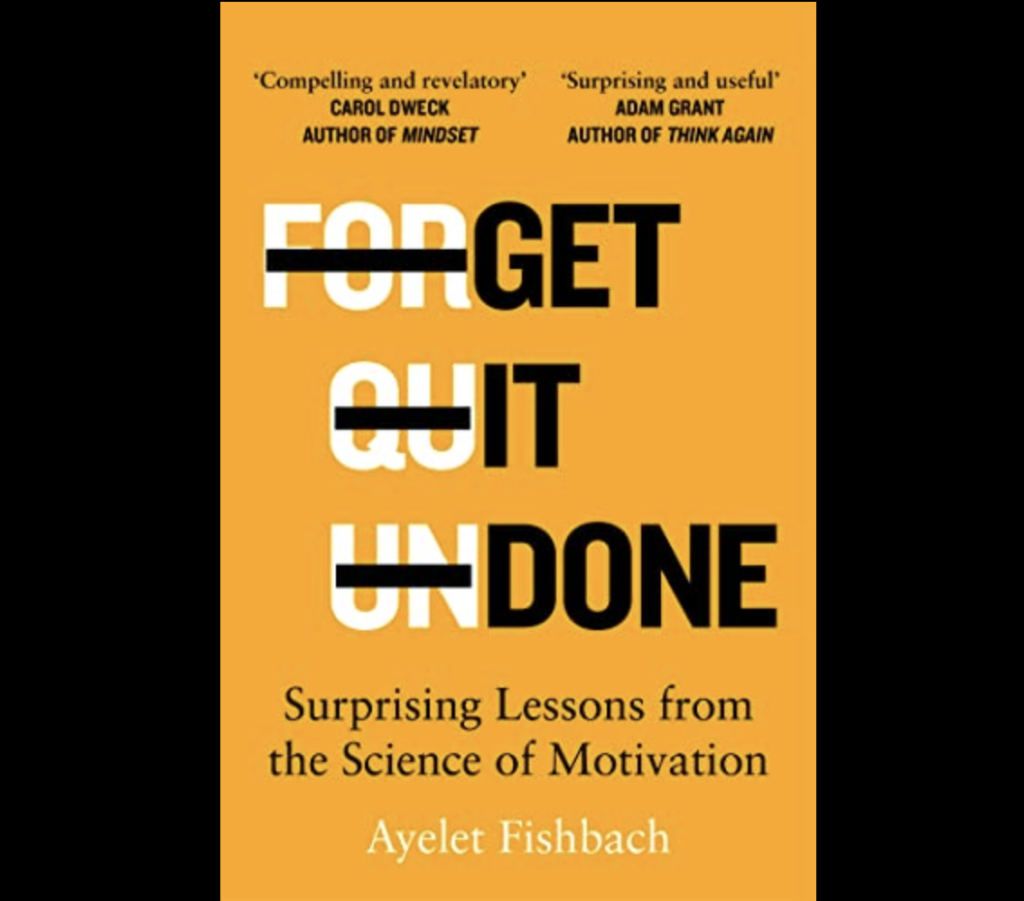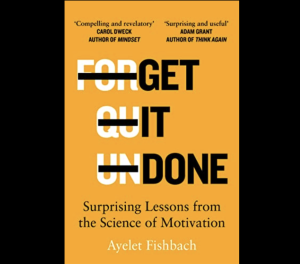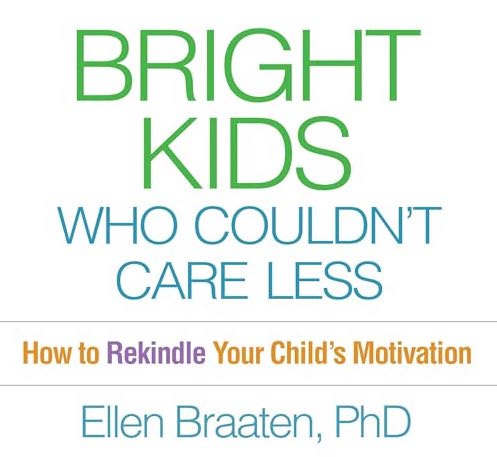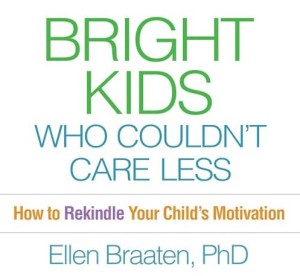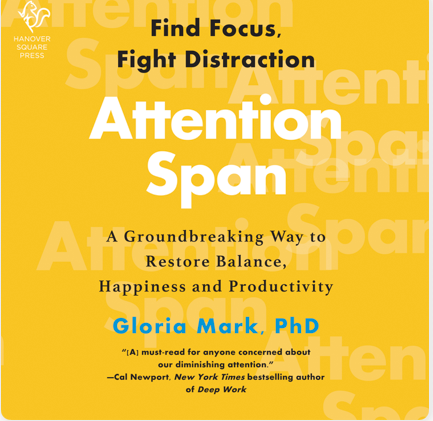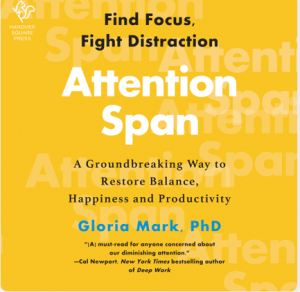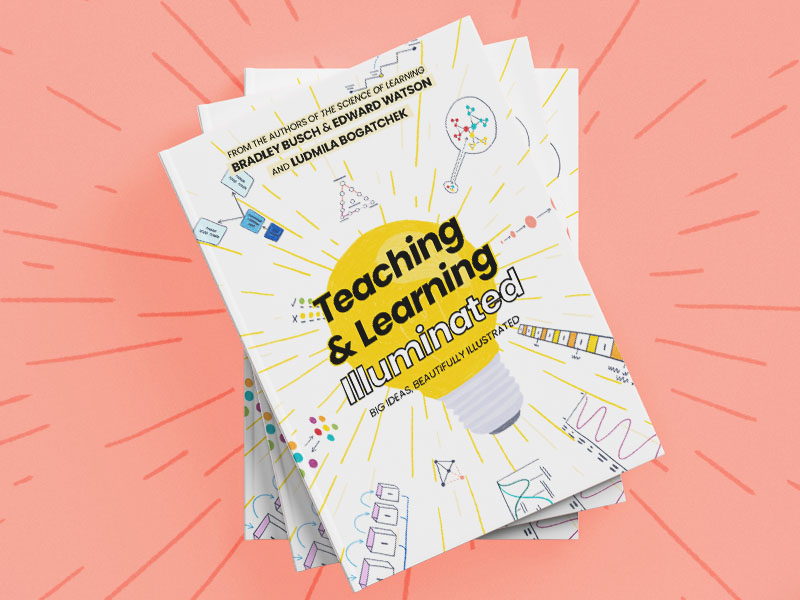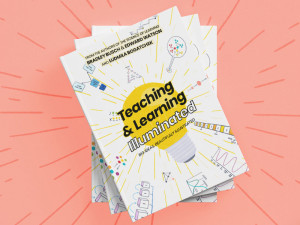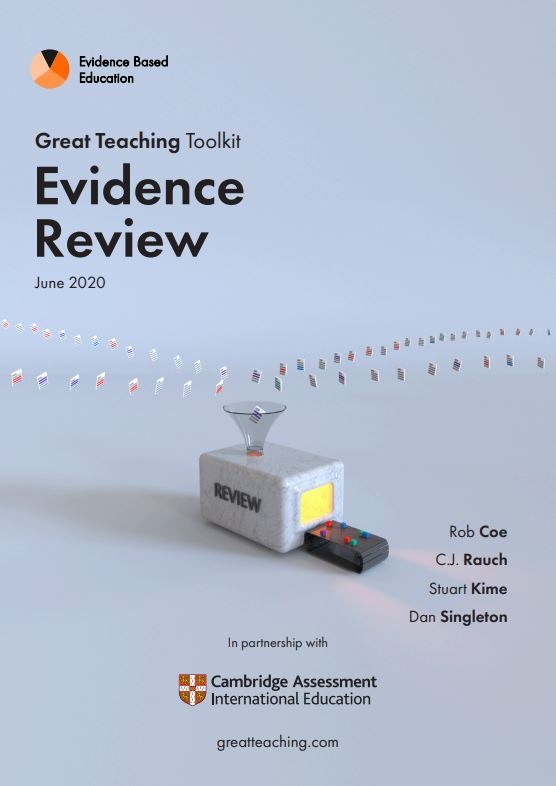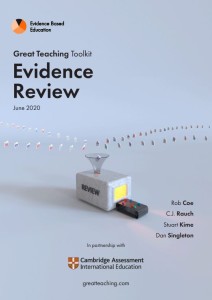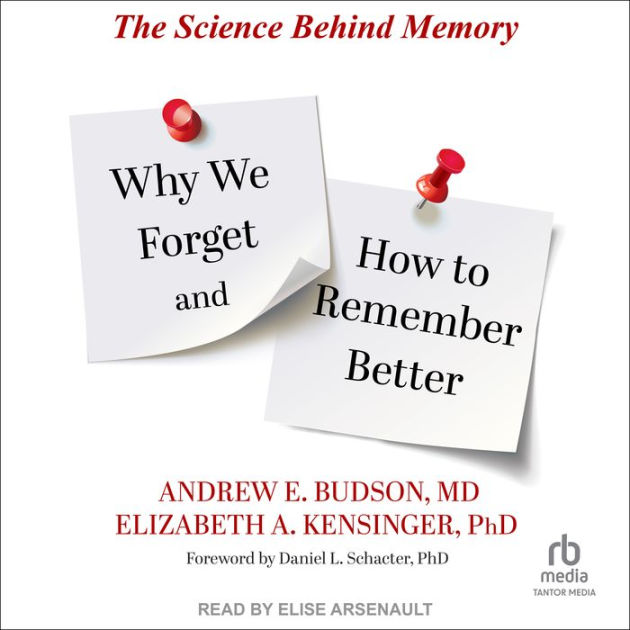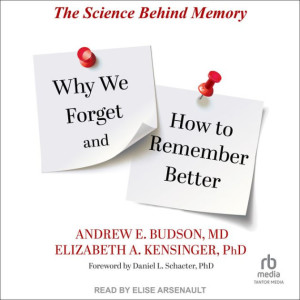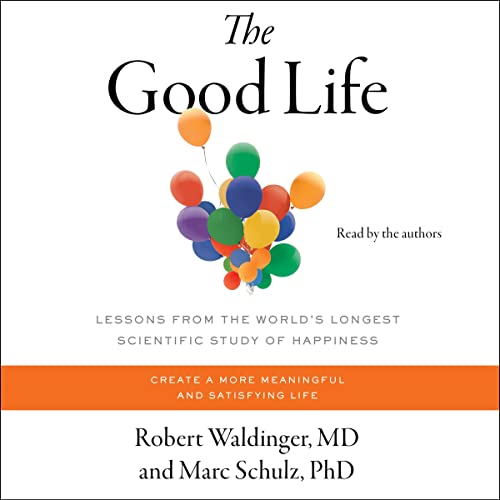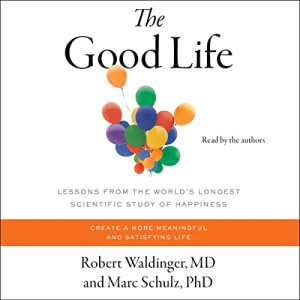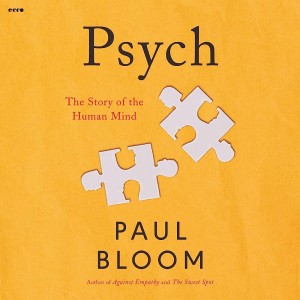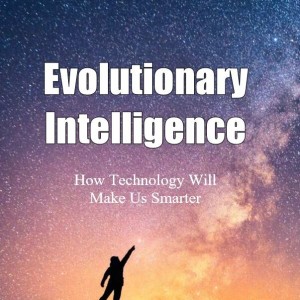 I have recently been reviewing human-technology interactions with a team at Brookings, and it is abundantly clear that we all have strong opinions about technology. Questions about technology surface with trepidation, curiosity, and personal doubt: How is technology affecting our development? What should we be worried about? What are the policy implications? What is happening to society? What is fact and what is driven by fear of the unknown? Then I was introduced to a book that addressed just what we needed.
I have recently been reviewing human-technology interactions with a team at Brookings, and it is abundantly clear that we all have strong opinions about technology. Questions about technology surface with trepidation, curiosity, and personal doubt: How is technology affecting our development? What should we be worried about? What are the policy implications? What is happening to society? What is fact and what is driven by fear of the unknown? Then I was introduced to a book that addressed just what we needed.
Meet Russell Neuman, the friendly face behind the media technology scene at New York University. As a founding faculty member of the MIT Media Laboratory and a former Senior Policy Analyst in the White House Office of Science and Technology Policy, Russell brings a wealth of experience and expertise to the table. Neuman points out that behind the questions above is always a need to not only understand the technology but also a greater need to understand ourselves (our cognition and our history) in his exciting new book, Evolutionary Intelligence: How Technology Will Make Us Smarter.
We are evolving with our technology. Our brains have adapted to help us cover the globe, but those adaptations are also limited by the stretch of our genes and the limits of our biology. With technology, we move beyond the genetic and beyond social biases developing new skills as well as developing new worlds to adapt to. But we are the ones with the agency and the ability and drive to push ourselves forward to create our own futures for better or worse. As Neuman points out, we need to take the reins of responsibility, not with fear but getting to know ourselves.
In this book, readers are invited on a captivating exploration of the intricate interplay between emerging technologies and human cognition. The first chapter unveils the transformative potential inherent in these advancements, emphasizing the symbiotic relationship between humans and machines as the cradle of developing intelligence. Rather than merely admiring technological marvels, the book underscores the paramount importance of human agency and historical context in shaping our technological trajectory. Neuman then offers an intriguing overview of the mechanics behind upcoming technologies, including innovative modes of human-machine interaction like direct-to-brain communication, accompanied by a measured skepticism regarding its implications. But as we are often fearful of AI taking over our lives, there may be some places where the technology can actually overcome our more detrimental natures. The author tackles this head-on, illuminating the potential of AI to rectify systemic prejudices in human perception—a formidable challenge in its own right. However, the fourth appropriately lengthy chapter aptly warns: great innovation demands great responsibility, addressing urgent concerns such as privacy breaches, social disparities, and the erosion of human autonomy in the digital era.
As the author points out, we often do not recognize social revolutions as we are in the middle of them. From this perspective, Neuman adds some fascinating historical context to his argument. Our interactions with new technologies have always been fraught with fear, trepidation, excitement, and misunderstanding. Drawing parallels to Darwin’s insights on evolution, Chapter 6 underscores the pervasive presence of evolutionary intelligence in contemporary society. We are then taken on an exploration across domains of our lives and how technology may interact with these domains from healthcare to finance, highlighting the need for thoughtful navigation in this rapidly evolving landscape. The book is polished off with discussions of our personal responsibility and technology and the ethics of how we are using it and moving it.
Like me, you will fill the book’s pages with highlights and notes that point to important aspects for parents, students, policymakers, and teachers. You will also savor the historical and research tidbits that can make you the life of the party. But it is the framing that makes this a worthwhile read and a personally reflective experience.
So, will AI replace us? It’s not a war but a coevolutionary dance: its evolutionary intelligence. This is a great primer on the important issues preparing you for the so-called singularity, the point at which technology allows us to ‘transcend the limitations of our bodies.’ When is that supposed to be? Futurists agree; this is only about 20 years away. Best to be prepared—join Russell Neuman in a fresh perspective and get to know yourself and the technology that will evolve with you and the new generation of humans.
